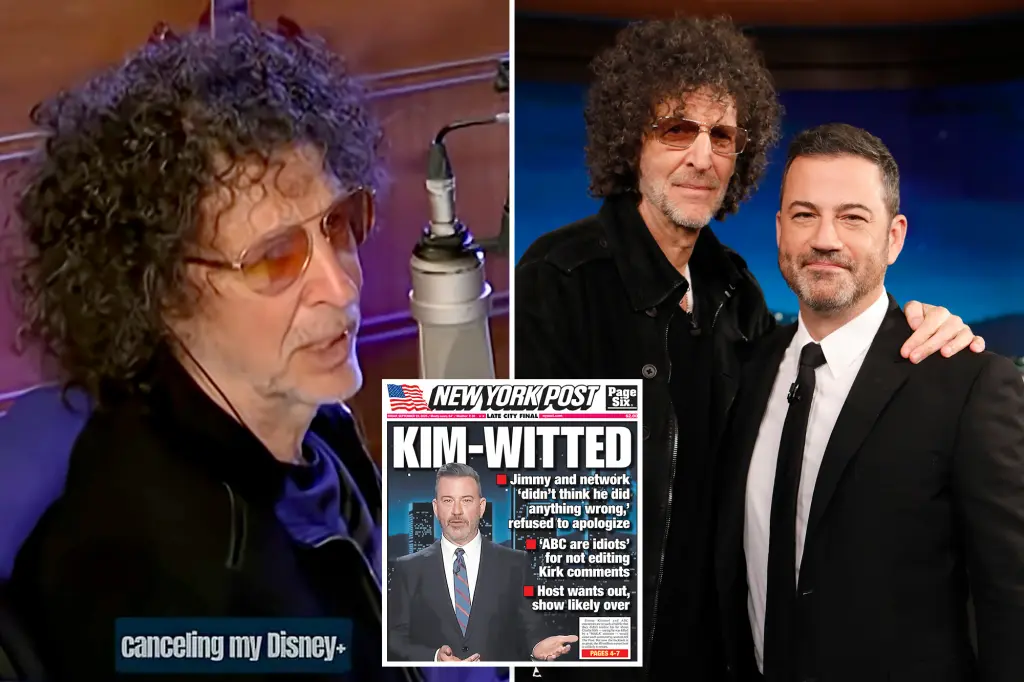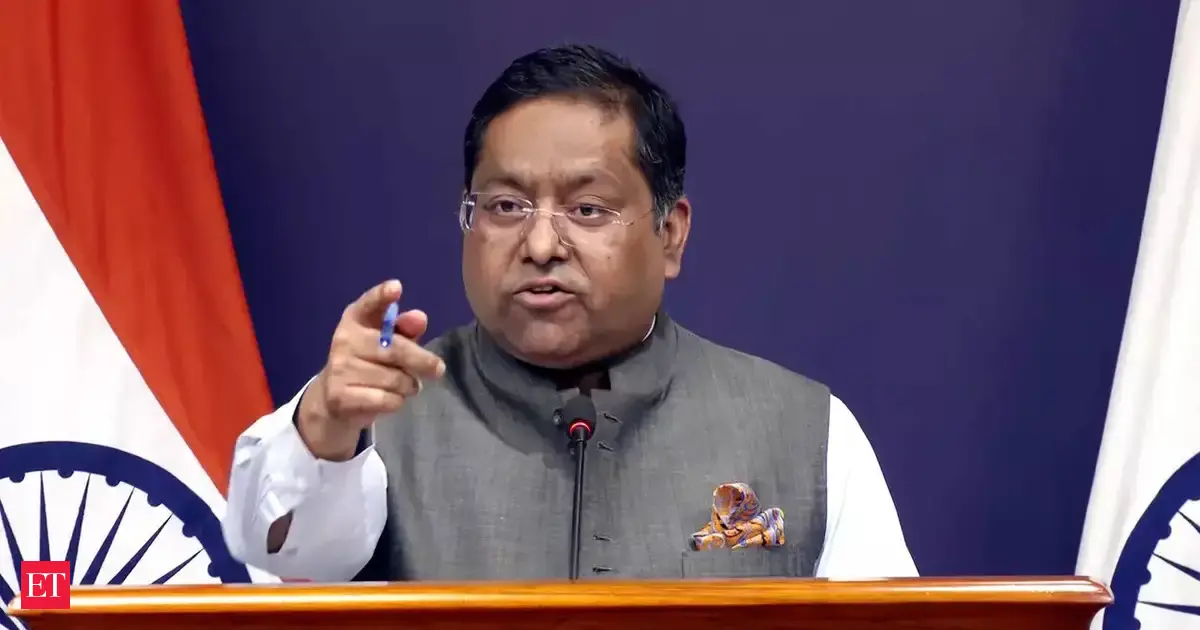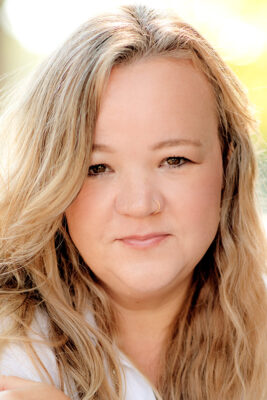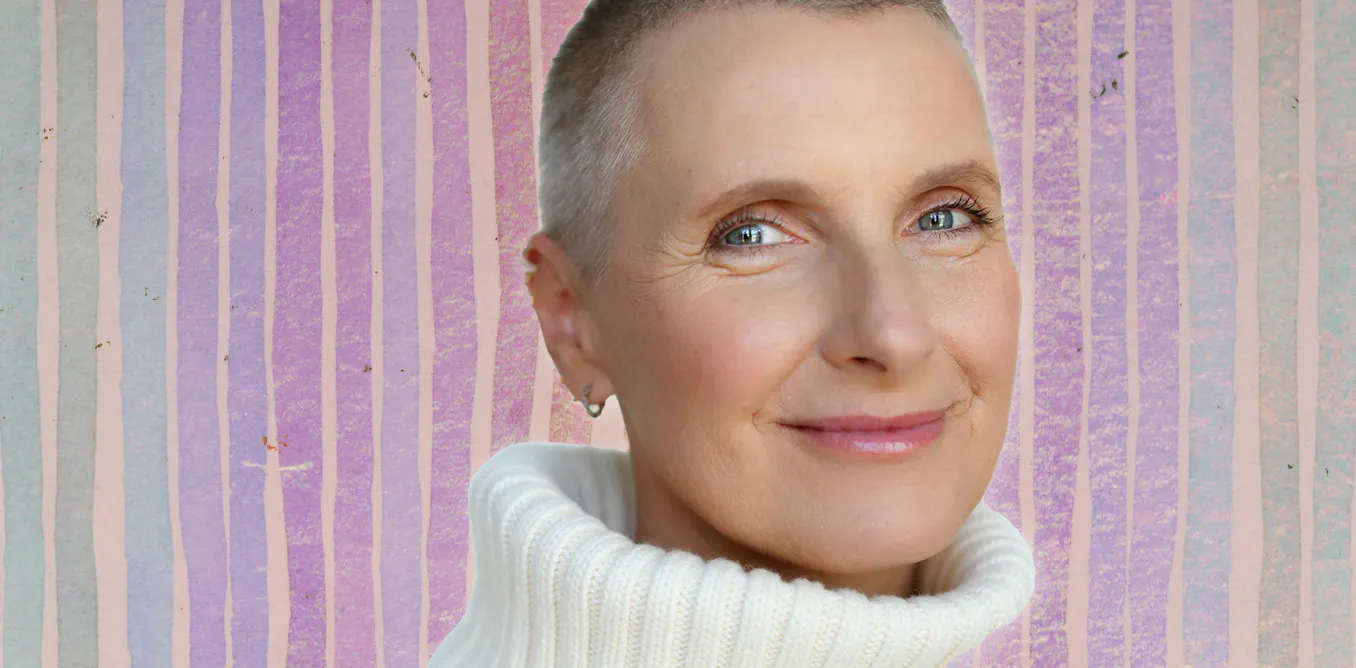By Janyce McGregor
Copyright cbc
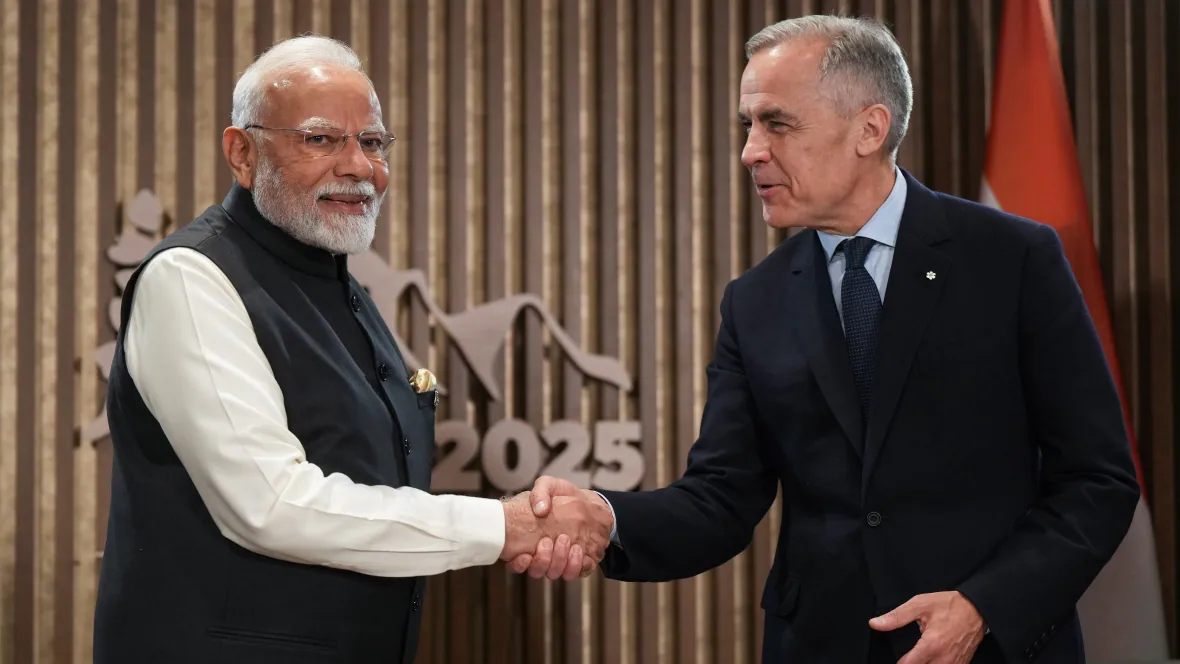
Global Affairs Canada has clarified reports out of India that suggested the two countries were ready to restart bilateral trade negotiations, two years after their diplomatic rupture over the killing of a Canadian Sikh leader on Canadian soil.
India’s ministry of external affairs issued a statement on Friday saying Canada’s deputy minister in the Global Affairs department, David Morrison, held consultations with his Indian counterpart last week, and also met separately with Indian Foreign Secretary Vikram Misri.
“The two sides agreed to initiate necessary steps to reactivate bilateral dialogue mechanisms across diverse domains, including trade, defence, energy, civil nuclear, security and law enforcement, critical minerals, space, science and technology, and agriculture,” the statement from the Indian government said, adding both sides would “constructively address capacity-related issues at their respective missions and consulates” to improve economic opportunities.
India-based media portrayed this agreement as a first step toward the restart of trade talks.
But in response to a request for confirmation or clarification from CBC News, the Canadian government emphasized different priorities out of last week’s meetings.
“While trade was discussed, the Government of Canada, under its new mandate, has not held talks with India around negotiations on a free trade agreement,” Global Affairs Canada wrote in an emailed statement on Sunday, two days after the Indian side suggested talks were restarting.
“The Government of Canada remains committed to supporting and growing the well-established commercial trade ties between Canada and India.”
The Canadian department’s statement did not confirm or elaborate on the consultations India’s ministry of external affairs said Deputy Minister Morrison was leading.
Instead, it pointed to a Saturday statement from the prime minister’s national security and intelligence adviser, Nathalie Drouin, that revealed that she, too, had travelled for talks with her Indian counterpart on Thursday.
“We discussed our respective security concerns and committed to non-interference, including refraining from transnational repression,” Drouin’s statement said. “We also agreed on the importance of reciprocal exchange of information and mutual responsiveness.”
The national security adviser’s meeting was characterized as continuing the ongoing and constructive dialogue between the two countries, building on the face-to-face meeting between Prime Minister Mark Carney and Indian Prime Minister Narendra Modi on the sidelines of the G7 Summit last June in Kananaskis, Alta.
Talks paused after Nijjar murder
Last week’s meetings in India coincided with the two-year anniversary of an extraordinary fracture in Canada-India relations. And this isn’t the first time the two governments have communicated different perspectives on their conversations.
Early in the fall of 2023, Canada abruptly paused trade negotiations and postponed an upcoming trade mission to India for business leaders and government officials.
The reason became clear on Sept. 18 of that year, when then prime minister Justin Trudeau rose in the House of Commons and revealed what he characterized as credible intelligence that Modi’s government could be linked to the shooting of Hardeep Singh Nijjar outside a temple in Surrey, B.C., earlier that summer.
Trudeau’s government characterized this alleged extrajudicial assassination as a threat to Canada’s sovereignty and the security of Canadian citizens.
In the days and months that followed, the Modi government denied involvement and dragged its feet on co-operating with the police investigation.
Both countries pulled their high commissioners and five other diplomats and dialled back consular and trade services in tit-for-tat protest. Relations remained frosty for months.
Reset in progress?
A significant thaw appeared after Carney hosted Modi at the G7 in June. The two prime ministers settled on a first step to repair bilateral relations: the appointment of new high commissioners and a return to regular service levels for citizens and businesses at their respective missions.
During his news conference with reporters, Carney said restoring their top diplomats was a “necessary first step” but there was a lot of work to be done “in the context of respect for sovereignty.”
The readout from Carney’s office during the G7 said Canada had raised priorities like “transnational crime and repression, security and the rules-based order” with Modi.
The Canadian readout didn’t mention resuming trade talks.
But Indian media last June quoted Modi’s ministry of external affairs, saying the two leaders “discussed the importance of restarting the stalled negotiations on the Early Progress Trade Agreement (EPTA), with a view to paving the way for a Comprehensive Economic Partnership Agreement (CEPA).”
Canada named veteran diplomat Christopher Cooter as its new high commissioner to India in late August. On the same day, India also named a new high commissioner, Dinesh Patnaik, to take up a renewed mission in Ottawa “shortly.”
